Learn Chinese Idiom with Pinyin and English
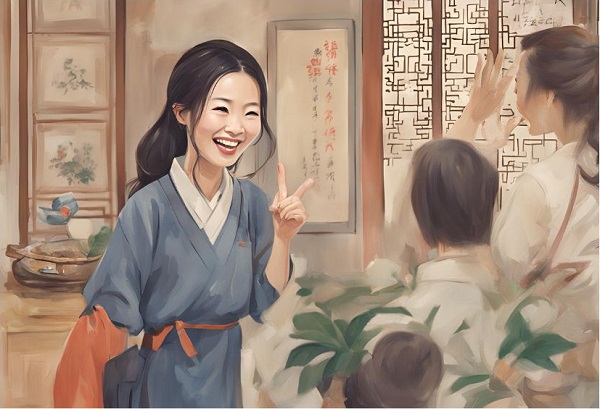
- Idiom in Chinese-美女破舌。
- Pinyin of Idiom– měi nǚ pò shé.
- Idiom’s Meaning in English– This idiom “měi nǚ pò shé” literally translates to “a beautiful woman who broke her tongue.” However, its figurative meaning is that a woman’s words are so charming and convincing that they seem to have a magical power, as if she had literally broken her tongue to create them. It’s a complimentary phrase used to describe a woman’s eloquent speech.
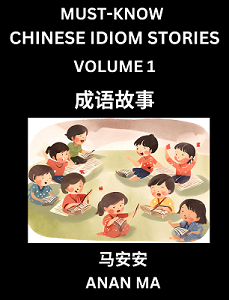
Chinese Idiom Stories Books (HSK All Levels):
- Books to Learn Chinese Idiom Stories (Part 1)
- Books to Learn Chinese Idiom Stories (Part 2)
- Books to Learn Chinese Idiom Stories (Part 3)
Learn Chinese Idiom Story in English (成语故事的英文)
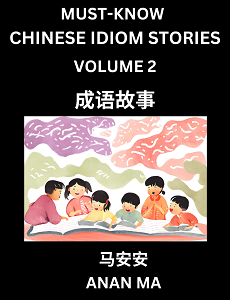
In ancient times, there was a beautiful woman named Cui’er. Not only was she physically striking, but she also possessed exceptional eloquence. Her words were always as pleasant as a spring breeze, leaving people feeling refreshed and inspired. Whenever villagers encountered disputes or confusion, they would seek out Cui’er for her advice. Her words always penetrated deeply into people’s hearts, enlightening them and resolving their difficulties as if her speech possessed magical powers. Therefore, people praised Cui’er as “měi nǚ pò shé,” meaning that her words were so eloquent and convincing, they seemed to have been spoken with a broken tongue, directly touching the hearts of listeners.
Learn Idiom Story in Chinese (成语故事)
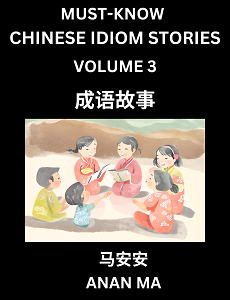
虽然“美女破舌”这个成语并没有一个具体的传统故事与之对应,但我可以为你创作一个简短的故事来解释这个成语的含义。
在古代,有一位名叫翠儿的美丽女子,她不仅容貌出众,而且口才极佳。她的言辞总是如春风拂面,令人心旷神怡。每当村里的人遇到纠纷或困惑时,都会来找翠儿,希望她能给出建议。翠儿的言辞总能深入人心,让人茅塞顿开,仿佛她的话语拥有神奇的力量,能够化解一切难题。因此,人们都说翠儿是“美女破舌”,意思是她的言辞就像破舌而出,直达人心。
Learn Keywords with English, Simplified Chinese Characters, and Pinyin (关键词)
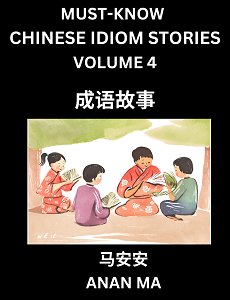
- 在古代(zài gǔ dài): In ancient times
- 翠儿(cuì ér): Cui’er (the name of the beautiful woman)
- 美貌(měi mào): beautiful appearance
- 口才(kǒu cái): eloquence
- 春风拂面(chūn fēng fú miàn): like the spring breeze brushing one’s face (pleasant)
- 化解(huà jiě): resolve
- 难题(nán tí): difficult problem
- 美女破舌(měi nǚ pò shé): a beautiful woman with eloquent speech
Pinyin of Idiom Story (故事的拼音)
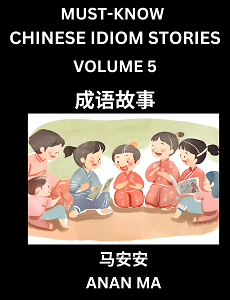
Suīrán “měinǚ pò shé” zhège chéngyǔ bìng méiyǒuyīgè jùtǐ de chuántǒng gùshì yǔ zhī duìyìng, dàn wǒ kěyǐ wéi nǐ chuàngzuò yīgè jiǎnduǎn de gùshì lái jiěshì zhège chéngyǔ de hányì.
Zài gǔdài, yǒu yī wèi míng jiào cuì er dì měilì nǚzǐ, tā bùjǐn róngmào chūzhòng, érqiě kǒucái jí jiā. Tā de yáncí zǒng shì rú chūnfēng fú miàn, lìng rénxīnkuàngshényí. Měi dāng cūnlǐ de rén yù dào jiūfēn huò kùnhuò shí, dūhuì lái zhǎo cuì er, xīwàng tā néng gěi chū jiànyì. Cuì er de yáncí zǒng néng shēnrù rénxīn, ràng rén máosèdùnkāi, fǎngfú tā de huàyǔ yǒngyǒu shénqí de lìliàng, nénggòu huà jiè yīqiè nántí. Yīncǐ, rénmen dōu shuō cuì er shì “měinǚ pò shé”, yìsi shì tā de yáncí jiù xiàng pò shé ér chū, zhídá rén xīn.




